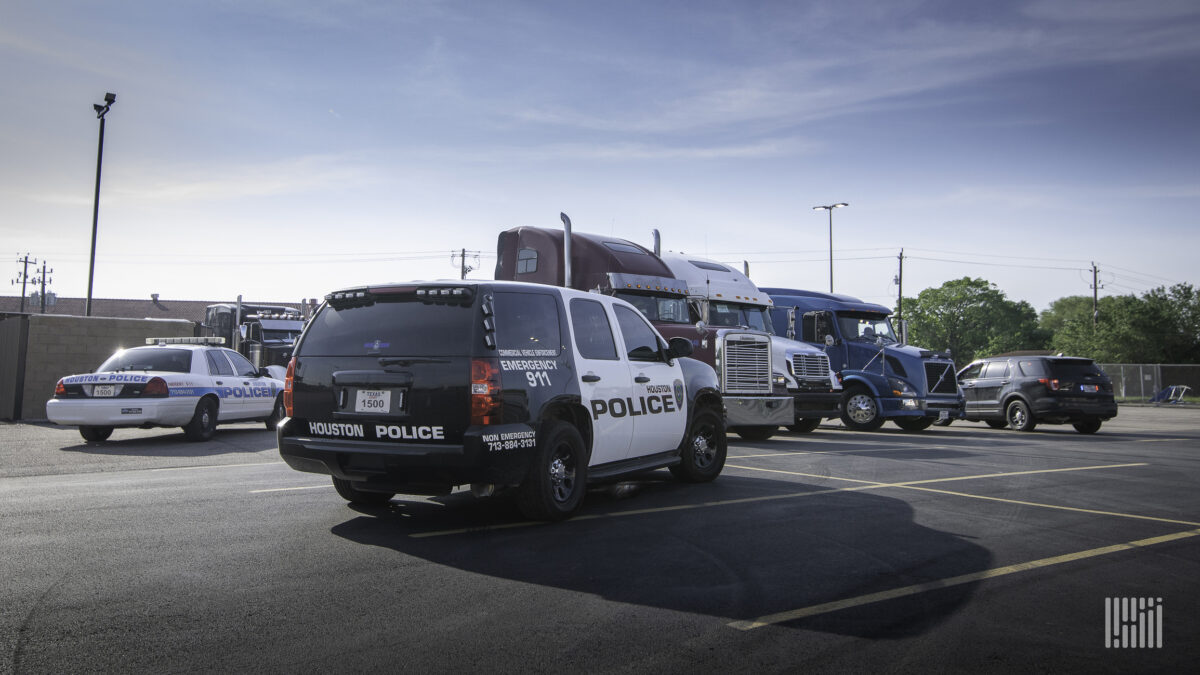Summary
Article Title: How freight fraud became the perfect crime
Author: Grace Sharkey
Key Points:
-
Freight Fraud Overview:
- Freight fraud has become a significant issue in the transportation and logistics sectors, evolving alongside FreightTech.
- Criminals engage in sophisticated schemes, leaving supply chain participants uncertain about solutions.
-
Common Fraud Schemes:
- Double-Brokering:
- Involves a carrier re-brokering a load to another carrier without the original broker’s consent, causing payment disputes and delays.
- Can result in stolen loads and denied insurance claims.
- Organized Crime:
- Retailers face organized crime rings, with retail shrink totaling over $112 billion in 2022, mainly due to theft.
- Fraudsters use identity theft and phishing to steal business information and take over load board accounts.
- Double-Brokering:
-
Evolving Fraud Techniques:
- Fraudsters steal Department of Transportation (DOT) PINs via phishing emails and fake onboarding tools.
- They create fake insurance companies and certificates, making it easier to commit fraud online.
-
Industry and Expert Insights:
- Expert Opinions:
- Double brokering has been a problem since the 1980s.
- The digital environment has reduced transparency, facilitating fraudulent behavior.
- Technological Solutions:
- Identity and validation technologies are emerging but are not fully solving the problem.
- Companies are adopting zero-trust frameworks to mitigate fraud risks.
- Expert Opinions:
-
Regulatory and Legal Challenges:
- The Federal Motor Carrier Safety Administration (FMCSA) oversees double-brokering but has limited authority to assess civil penalties.
- A 2019 court decision (Riojas decision) emphasized the need for the Department of Justice (DOJ) to handle criminal cases, complicating enforcement.
- The FMCSA lacks sufficient data to quantify the safety impact of double brokering.
-
Call for Government Intervention:
- The Owner-Operator Independent Drivers Association (OOIDA) is pushing for House Bill HR 8505 to expand FMCSA’s authority.
- Experts suggest a public-private partnership to improve coordination and enforcement.
-
Preventing Freight Fraud:
- Collaboration and Transparency:
- Industry stakeholders need to collaborate and maintain transparency.
- Companies should openly share their experiences with fraud to learn from each other.
- Load Board Verification:
- Load board providers should verify users better and remove those with complaints promptly.
- Shipper Education:
- Shippers should verify carriers and match documents to prevent fraud.
- Reducing Economic Attractiveness:
- The industry must make freight fraud less economically attractive to deter bad actors.
- Collaboration and Transparency:
The article emphasizes the growing problem of freight fraud, its sophisticated nature, and the need for technological solutions, regulatory changes, and industry collaboration to effectively combat it.
